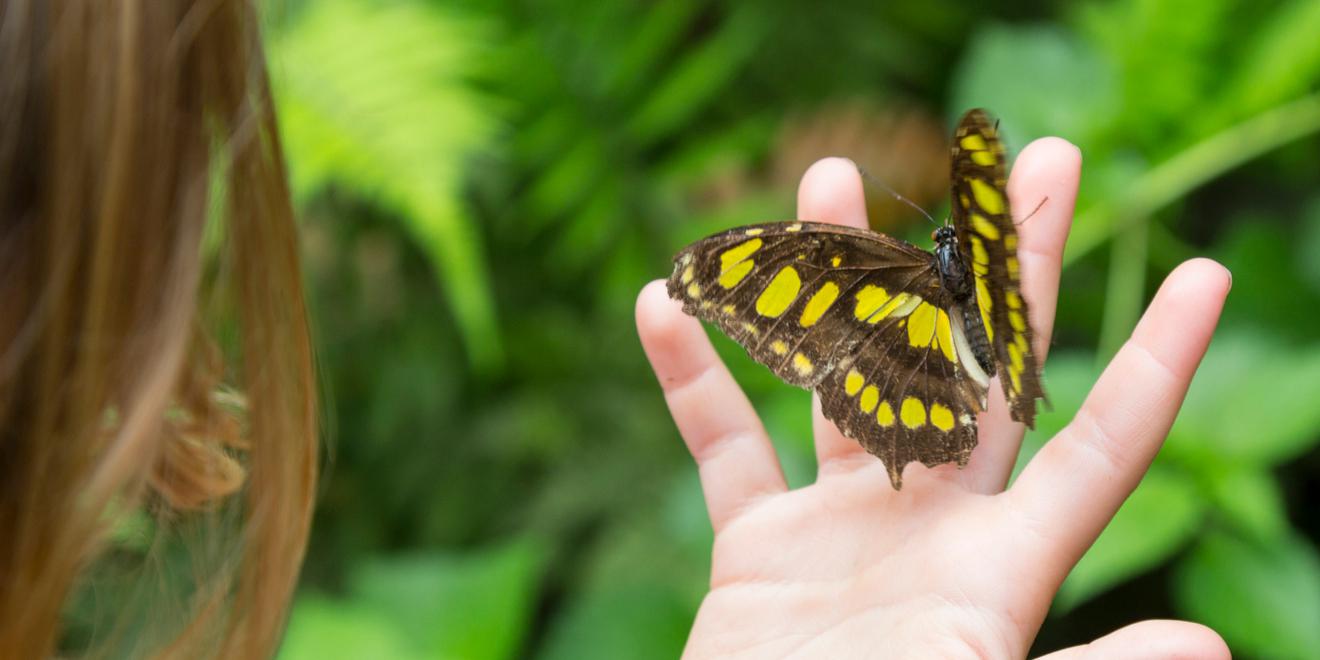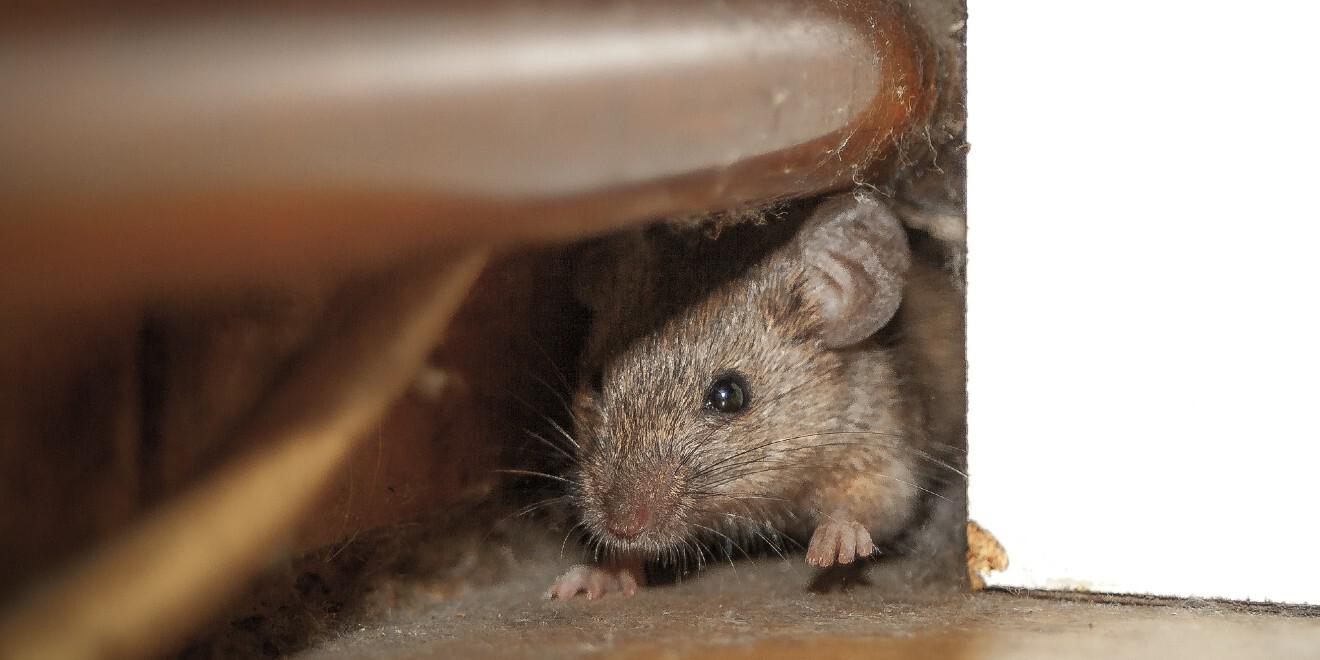U.S. Presidents & Mosquitoes
Posted by Mosquito Squad
February 20, 2017
In honor of President’s Day this year, we at DC Mosquito Squad have decided to share some fun trivia about our country’s valiant leaders and their various connections to the lowly mosquito.
Unfortunately, no one, not even the leader of the free world, is above the wrath of these biting menaces. Here are 11 anecdotes about U.S. presidents and mosquitoes.
George Washington
Our nation’s first president had to deal with the outbreak of yellow fever transmitted by mosquitoes. To escape the epidemic, he moved the capitol from Philadelphia to Germantown in 1793. Washington lived and met with his cabinet in the house of a Germantown resident during that period until the epidemic was over. It was dubbed the Germantown White House.
James Monroe
Malaria, spread by mosquitoes, is a common disease around the world, but thankfully Malaria was essentially eliminated in America by 1951. However, during the late 1800s, it was extremely prevalent in America in the south, Midwest, and East Coast. Monroe contracted malaria when he was traveling near the Mississippi River. He had to deal with flare-ups for years afterward.
Andrew Jackson
Jackson is another one of several presidents, including George Washington, who battled malaria. He came down with the disease during Seminole military campaigns in Florida.
Abraham Lincoln
Lincoln contracted Malaria while he was growing up in Illinois. He battled mosquitoes again later in his life. In 1832, Lincoln served in the Illinois militia during the Black Hawk War. He recalled his struggles, not with Native Americans, but with mosquitoes. He said, “I fought, bled, and came away. I had…many bloody struggles with mosquitoes, and although I never fainted from loss of blood, I can truly say I was often hungry.”
Ulysses S. Grant
Grant had frequent bouts of Malaria while he was living on a farm outside St. Louis in the 1850s. He later went on to serve as Commanding General of the US Army leading the Union Army during the Civil War. In 1869 he was elected the 18th President of the United States and served two terms.
James A. Garfield
The 20th President of the United States, James A. Garfield, contracted Malaria in Ohio at the tender age of 16. He was raised by his widowed mother on a farm and held a variety of jobs during his youth, including working on a canal boat. Contracting Malaria as a teenager did not stop him from entering politics as an adult and winning the 1880 presidential election through a low-key “front porch campaign.”
Theodore Roosevelt
After a visit to the Amazon rainforest, Roosevelt got Malaria. Although he did not die from Malaria, the disease physically weakened our 26th President of the United States. Roosevelt spent many years bed-ridden due to this mosquito-borne disease.
William Howard Taft
During Taft’s time in office, Malaria was significantly reduced in the Canal Zone, where the Panama Canal was built. In an address, he linked the reduction of Malaria with the success of the canal, saying “The sanitation of the Canal Zone has made possible the completion of Panama Canal, the greatest enterprise in the history of the world.”
John F. Kennedy
John F. Kennedy is most famous for his assassination occurring early in his presidency, as well as for the Bay of Pigs invasion and the Cuban missile crisis. A lesser known fact is that JFK was afflicted with Malaria. During his time as a PT boat captain in the Soloman Islands during World War II, Kennedy contracted Malaria.
George W. Bush
In 2005, Malaria had become such a serious global health issue that Bush started a $1.2 billion Malaria initiative, called the President’s Malaria Initiative, to combat Malaria in 15 of the hardest-hit African nations. Bush also hosted the first White House Summit on Malaria in Washington, DC in 2006. The summit brought together experts, corporations, foundations, civic leaders, and organizations from around the world.
Barack Obama
The President’s Malaria Initiative (PMI) was expanded while Obama was in office. He doubled annual funding levels for the initiative, with the support of Congress, to strengthen the U.S. commitment to fighting Malaria. Since its inception, this bi-partisan effort has helped save lives and reduce instances of Malaria around the world. Obama also had to deal with the more recent Zika epidemic.
Everyone, including the President, is subject to annoying mosquitoes outside. Thankfully Washingtonians can now get help to fight the bite in their backyard.















